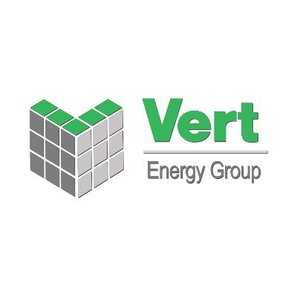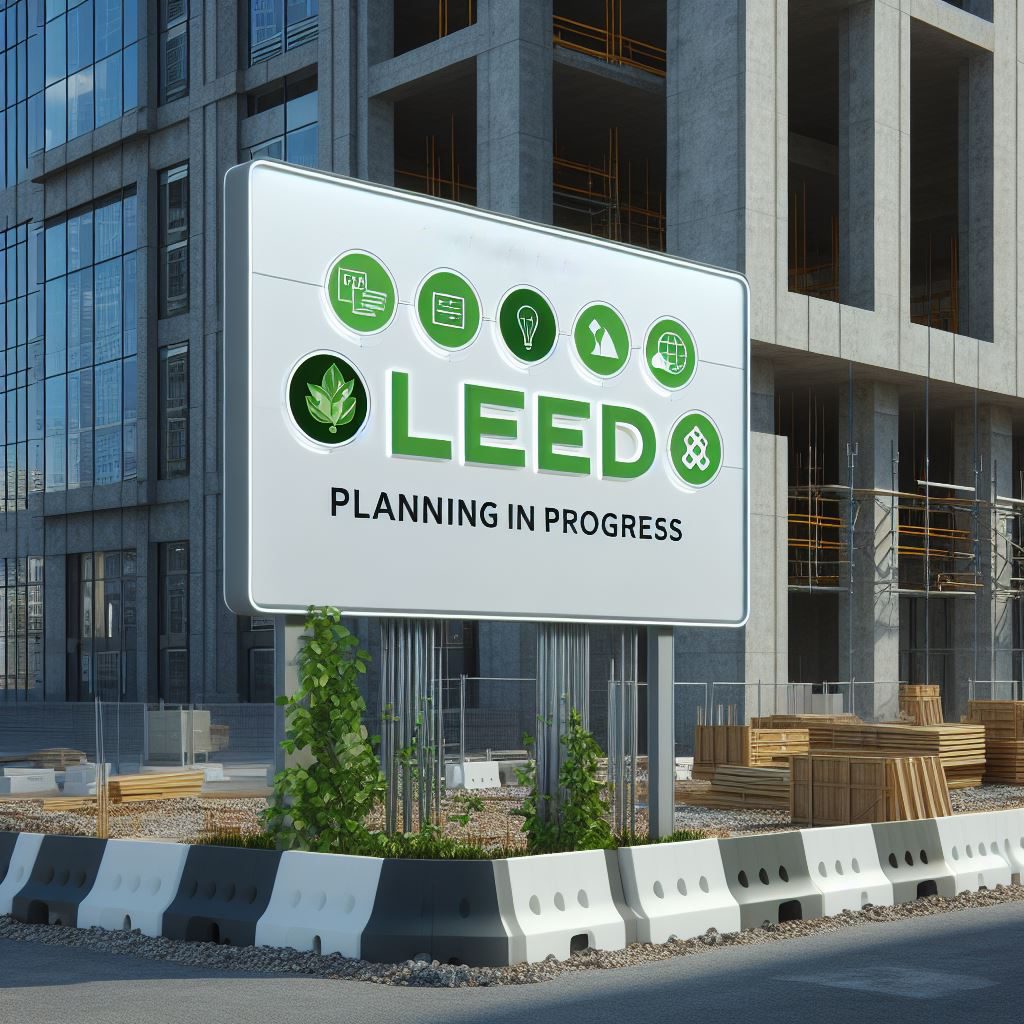Explore why LEED-certified buildings dominate the real estate market with higher value and sustainability.


Energy benchmarking is gaining momentum as a critical factor in property management and investment, particularly in the competitive landscape of Los Angeles real estate. In an era driven by sustainability and efficiency, understanding and implementing this process is essential for success.
In the bustling metropolis of New York City, property owners are required to navigate a complex maze of regulations and laws that can significantly impact their operations and finances. Among these, Local Law 84 (LL84) is particularly noteworthy due to its focus on sustainability and energy efficiency.
EBEWE Benchmarking is not just a regulatory hurdle but a transformative approach to how buildings manage their vital resources. Compliance with these regulations ensures that large buildings contribute positively to the city’s ambitious environmental goals, essentially reducing their carbon footprint and enhancing resource efficiency.
Local Law 84, part of the Greener, Greater Buildings Plan passed in 2009, requires owners of New York City buildings larger than 50,000 square feet to annually measure and report their energy and water consumption. This law applies to a wide variety of buildings, including residential, commercial, and mixed-use properties NYC Benchmarking Law.


